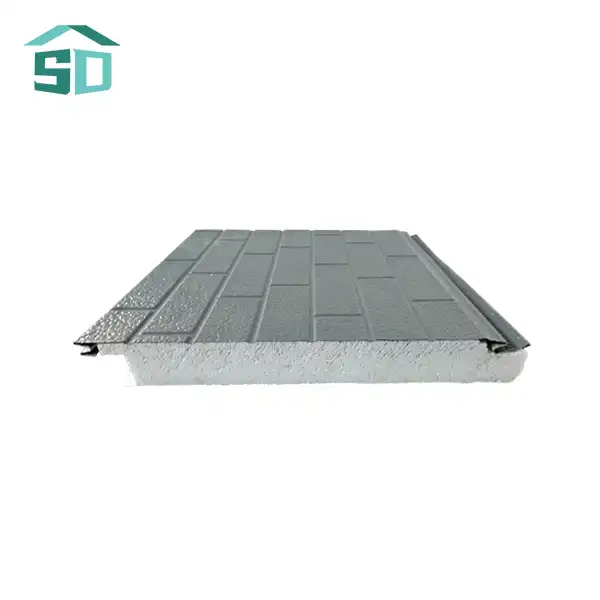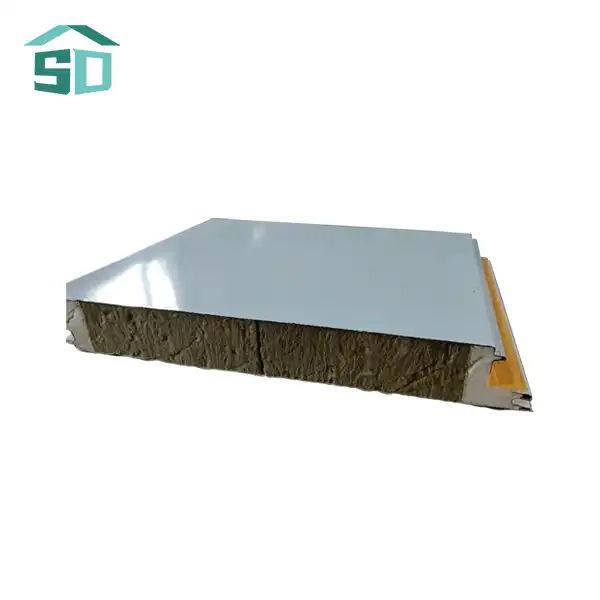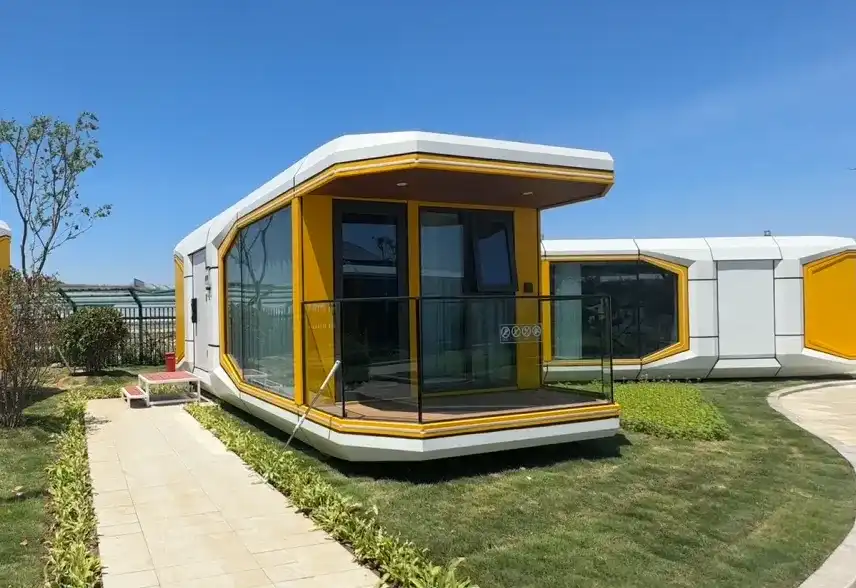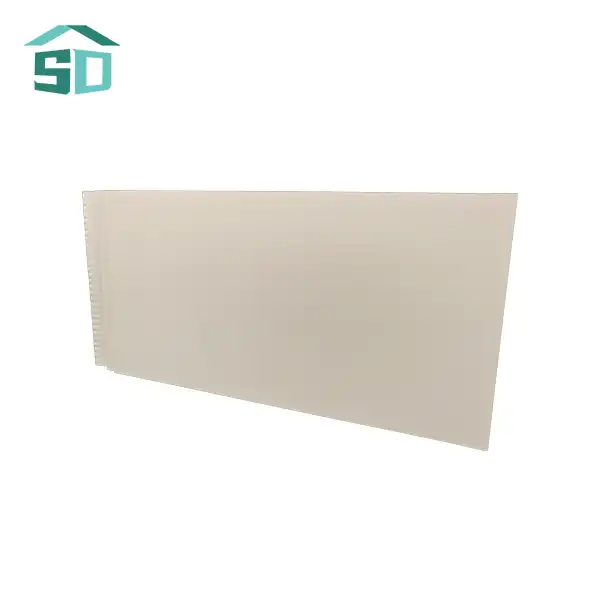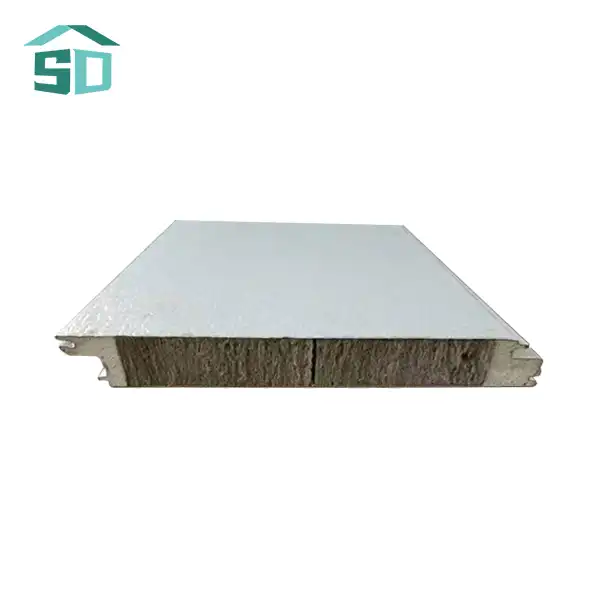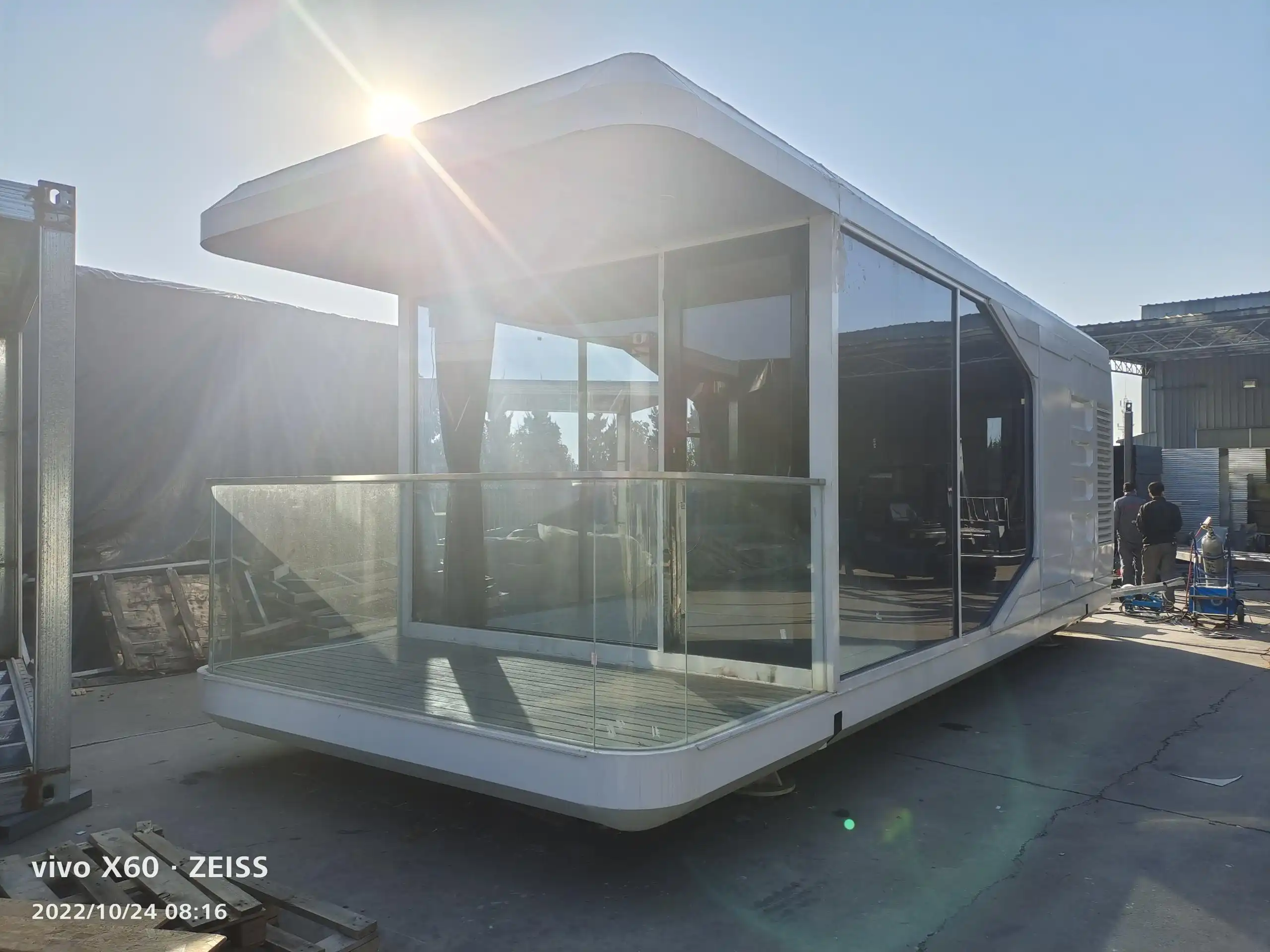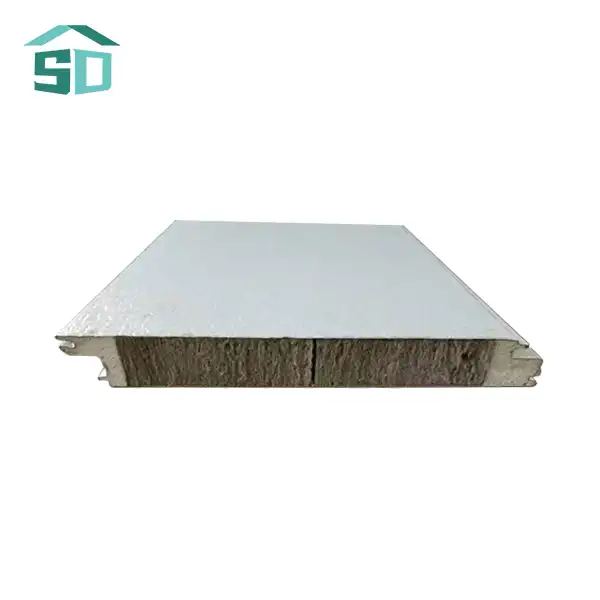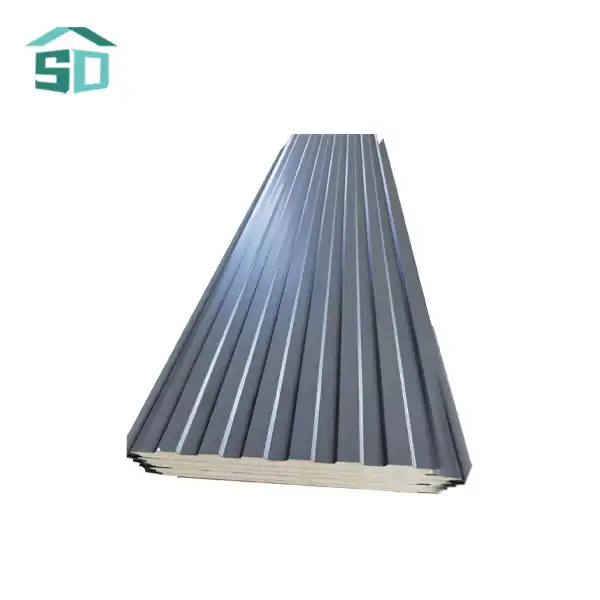Essential Cleaning Techniques for Exterior Metal Siding
Keeping your exterior metal siding panels clean is essential to their life and performance. Regular cleaning not only maintains the aesthetic appeal of your structure but also prevents the accumulation of dangerous substances that could lead to erosion or damage over time.
Gentle Cleaning Solutions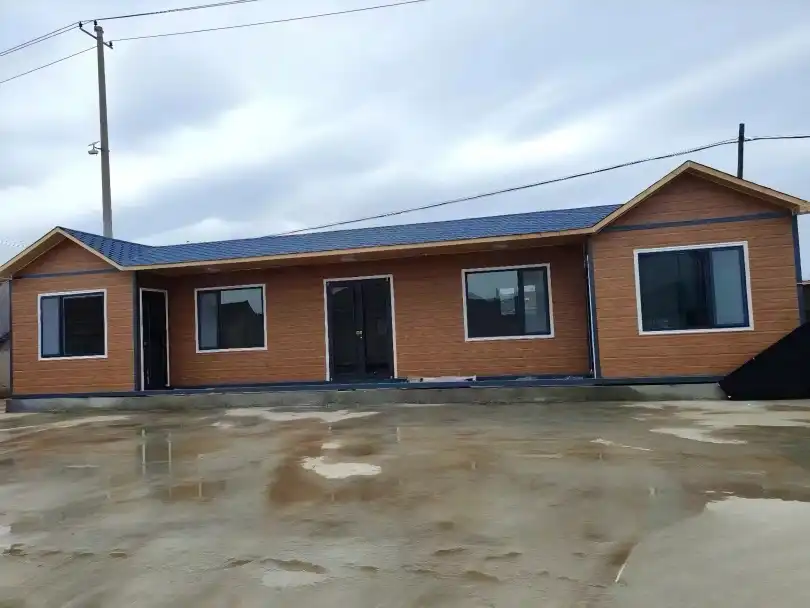
When drawing exterior metal siding panels, it's pivotal to use gentle, non-abrasive cleaning results. An admixture of warm water and mild dish cleaner is frequently sufficient for routine cleaning. For tougher stains, a result of water and white ginger can be effective without damaging the essence's defensive coating. Avoid using harsh chemicals or abrasive cleansers, as these can strip down the defensive layers and accelerate erosion.
Proper Cleaning Techniques
Start by rinsing the panels with a low-pressure water spray to remove loose dirt and debris. Then, using a soft-bristled brush or a microfiber cloth, gently scrub the panels with your chosen cleaning solution. Work in small sections, starting from the top and moving downwards to prevent streaking. After cleaning each section, rinse thoroughly with clean water to remove any residual soap or cleaning solution.
Frequency of Cleaning
The frequency of cleaning your exterior metal siding panels depends on various factors, including local climate and environmental conditions. In general, a thorough cleaning once or twice a year is recommended. However, in areas with high pollution, frequent rain, or near saltwater, more frequent cleaning may be necessary to prevent the buildup of corrosive substances.
Preventive Maintenance and Inspection Routines
Regular inspections and preventive maintenance are key to extending the life of your exterior metal siding panels. By identifying and addressing potential issues early, you can prevent minor problems from escalating into major repairs.
Regular Visual Inspections
Conduct visual inspections of your exterior metal siding panels at least twice a year, ideally in spring and fall. Look for signs of damage such as dents, scratches, or loose panels. Pay special attention to areas around windows, doors, and other openings where water infiltration is more likely. Check for any signs of corrosion, particularly in areas where different metals may come into contact.
Sealant and Caulking Maintenance
Inspect and maintain the sealants and caulking around your exterior metal siding panels. These materials play a crucial role in preventing water infiltration, which can lead to corrosion and structural damage. Check for any gaps, cracks, or deterioration in the sealant. If you notice any issues, remove the old sealant and apply a new, high-quality exterior-grade sealant compatible with metal siding.
Addressing Scratches and Minor Damage
Small scratches or areas of minor damage should be addressed promptly to prevent corrosion. For superficial scratches, you can often use touch-up paint specifically designed for metal siding. For deeper scratches or dents, consult with a professional to determine the best course of action. They may recommend spot repairs or panel replacement depending on the extent of the damage.
Long-Term Care Strategies for Exterior Metal Siding
Implementing long-term care strategies is essential for maximizing the lifespan of your exterior metal siding panels. These strategies focus on protecting the siding from environmental factors and maintaining its structural integrity over time.
Protective Coatings and Repainting
While many exterior metal siding panels come with factory-applied finishes designed to last for decades, eventually, these protective coatings may need to be refreshed. Consult with the manufacturer or a professional to determine when repainting or recoating is necessary. When it's time to repaint, choose a high-quality exterior paint specifically formulated for metal surfaces. Proper surface preparation, including cleaning and priming, is crucial for ensuring the new coating adheres properly and provides long-lasting protection.
Managing Landscaping and Surroundings
The environment surrounding your building can significantly impact the longevity of your exterior metal siding panels. Keep trees and shrubs trimmed back to prevent branches from scratching the siding. Ensure that sprinkler systems are adjusted to avoid constant water exposure to the siding, as this can lead to water staining and potential corrosion. Additionally, be mindful of snow accumulation in winter, as prolonged contact with snow and ice can potentially damage the siding.
Professional Maintenance Services
While many maintenance tasks can be handled by building owners or facility managers, periodic professional maintenance can help ensure the longevity of your exterior metal siding panels. Professional services may include detailed inspections, specialized cleaning techniques, and expert repairs. These services can be particularly beneficial for tall buildings or those with complex architectural features that may be difficult to maintain without specialized equipment or expertise.
Conclusion
Maintaining exterior metal siding panels is a crucial aspect of preserving your building's appearance and structural integrity. By implementing regular cleaning routines, conducting thorough inspections, and addressing issues promptly, you can significantly extend the lifespan of your siding. Remember that different types of metal siding may have specific maintenance requirements, so always consult the manufacturer's guidelines for best practices.
Exterior metal siding panels offer numerous benefits, including durability, energy efficiency, and aesthetic versatility. With proper care and maintenance, they can provide exceptional performance and value for decades. If you're considering exterior metal siding for your next construction or renovation project, or if you need expert advice on maintaining your existing siding, don't hesitate to reach out to us at info@sdqsc.com. Our team at Weifang Sandong Building Materials Co., Ltd. is committed to providing top-quality exterior cladding solutions and expert guidance to ensure your building's exterior stands the test of time.
